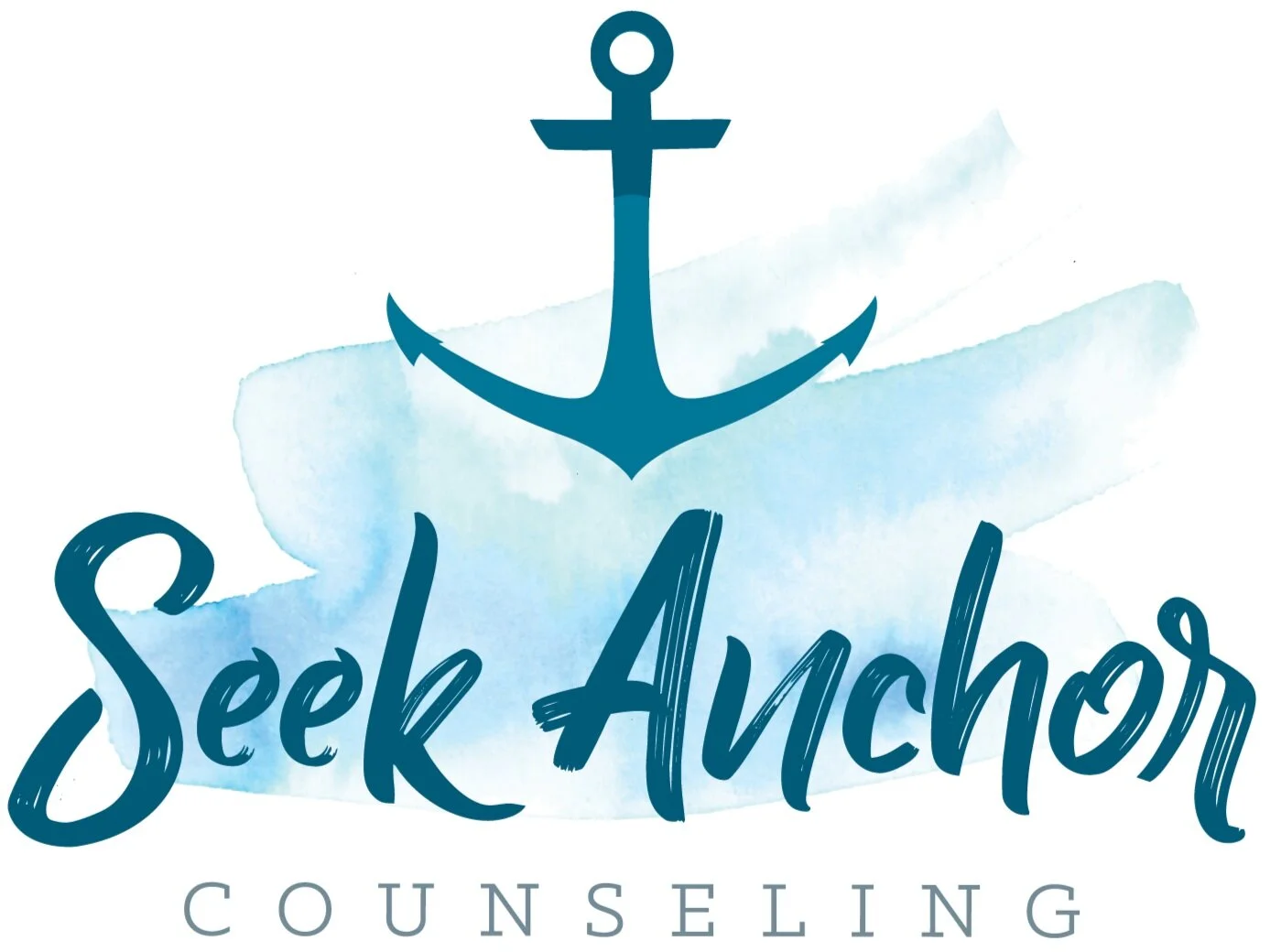Who I am
Hi, I’m Jillian (she/her).
People often say I seem a little mysterious at first—I tend to observe before I share. What started as a trauma response has since become one of my greatest strengths: the ability to notice what’s beneath the surface.
For much of my teens and twenties, I was deeply immersed in evangelical Christianity. It was both a coping mechanism and a core part of my identity. I didn’t realize then how my beliefs were shaping my mental health, relationships, and sense of self. But through my own complicated journey—alongside countless hours of counseling and being counseled—I began to understand the impact of high-control religious environments. Over the past decade, my work has centered on identifying the harmful beliefs of these systems and finding the freedom to create my own path.
Now, I help others who are deconstructing or struggling with the psychological and emotional weight of their faith background. Whether you're navigating religious trauma, questioning your beliefs, or simply figuring out who you are outside of a rigid system, you’re not alone. There’s space for you here.
My work is shaped by a commitment to stepping outside extreme narratives and seeking nuance. We live in a world filled with echo chambers—messages that may hold a fragment of truth but can become harmful when taken in isolation or excess. I don’t believe anyone intended for the systems we live in to become what they are, so I’m not here to stake a claim on who’s to blame. History is, in many ways, a cycle of passed-down trauma and its recreation. But regardless of intent, harm has been done.
What inspires me most is meeting people who refuse to let that cycle continue—those who do the brave work of breaking patterns, often by starting with themselves.
I’m pro-reducing harm. I believe the world can be better and safer than it is. Being a therapist is my way of holding space for that change, one person at a time.
My Perspective
Recognizing the need to heal from trauma takes bravery; actively pursuing that healing takes deep courage. Trauma—no matter its source—shapes every part of life. It influences how we see ourselves, others, and the world. It impacts how we relate, how we feel in our bodies, how we express emotions, how we think, and our sense of safety and autonomy. Healing isn’t just about understanding what happened—it’s about reclaiming the parts of yourself that trauma tried to rewrite.
Maybe you’re in the thick of deconstructing old religious beliefs, trying to understand how certain teachings and practices have shaped your mind and body. Perhaps you’re navigating relationships in a new way—outside the constraints of purity culture or fundamentalism—or working through the impact of adverse religious experiences that left you with wounds you’re still trying to name.
Or maybe you’re unsure. You don’t know if what you experienced was oppressive, harmful, or even traumatic—you just know something doesn’t feel right.
Are we a good fit to work together?
Where You Might Find Yourself on Your Healing Journey Right Now
You don’t have to have all the answers to begin. Trauma happens when our nervous system is overwhelmed, storing that distress in the body. Healing starts with paying attention to those signals. Using body-based modalities and other effective interventions, we work to help your body process and release stored trauma, complete the stress cycle, and restore a sense of safety and connection.
As you heal, things may start to shift—your sense of self, your relationships, your boundaries, and even how you move through the world. You may find yourself learning new coping skills, building healthier attachments, and reclaiming an identity that feels true to you. Healing isn’t just about what you leave behind; it’s about what you grow into.
Experience & Education
Degree
Liberty University (B.S.) degree with honors in Clinical Mental Health Psychology with a specialty in substance abuse and codependency.
Virginia Tech (M.A.Ed) degree with honors in Clinical Mental Health Counseling.
Licensure
State of Virginia Licensed Professional Counselor
Experience
Jillian has worked in both child and adolescent settings, along with university counseling and community organizations. In these settings, she has worked with clients to overcome and manage stress, anxiety, developmental transitions, depression, identity changes, relationship difficulties, trauma, addictions, and severe mental illness. Some of the settings that shaped Jillian’s experiences include: Carilion and Virginia Baptist’s child/adolescent psychiatric units, Jefferson College of Health Sciences, school counseling at a Roanoke Valley elementary school, sexual assault response advocacy programs, a local foster care agency, a community service board, a group private practice center, and emergency services. Jillian is now full time in her established private practice and coaching businesses.
Specialization
Religious abuse, spiritual trauma, recovery from high control environments, cults and undo influence, identity and sexuality, obsessive compulsive religious fears, codependency
In addition to therapy, I offer spiritual direction coaching for those who are less focused on trauma healing and more on building from the healing they’ve already done. If that sounds like where you are, you can learn more about my coaching practice at JillianHoughton.com.



